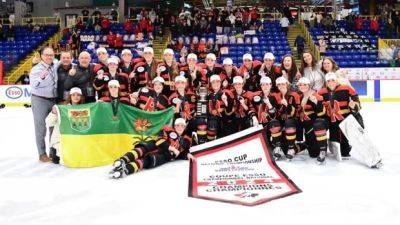Despite decline in ticket sales, the Winnipeg Jets have never lost money, True North says
The company that owns the Winnipeg Jets says it's never lost money since the NHL returned to Winnipeg in 2011, not even during a recent downturn in ticket sales at Canada Life Centre.
True North Sports & Entertainment has turned a profit on its combined hockey, arena and merchandising operations every year the NHL has been in Winnipeg, executive chair Mark Chipman said during a wide-ranging interview about the economics of operating a professional sports franchise in the smallest market in the National Hockey League.
As a privately held company, True North does not post its financial statements, leaving business publications such as Forbes magazineto speculate about the team's profits and losses.
True North has lost money on hockey operations alone, but has not ended up in the red overall since the former Atlanta Thrashers moved to Winnipeg in 2011 to become the Winnipeg Jets, Chipman said in the interview.
"From an overall perspective, no, we've never lost money in our NHL years. Previous years we did," Chipman said earlier this month, speaking in a boardroom at True North's offices in downtown Winnipeg.
While ticket sales for the Jets, Manitoba Moose, concerts and other events at Canada Life Centre make up the most important revenue source for True North, merchandising, broadcast rights and other revenue streams keep the company in the black, he said.
So does revenue-sharing within the NHL, as well as the league-mandated salary cap that limits team spending on the rosters to $83.5 million this year.
Chipman said the NHL would never have returned to Winnipeg without revenue sharing and the salary cap.
"This market would not survive without that, and that's a fact," he said, adding those revenue assumptions underlined







